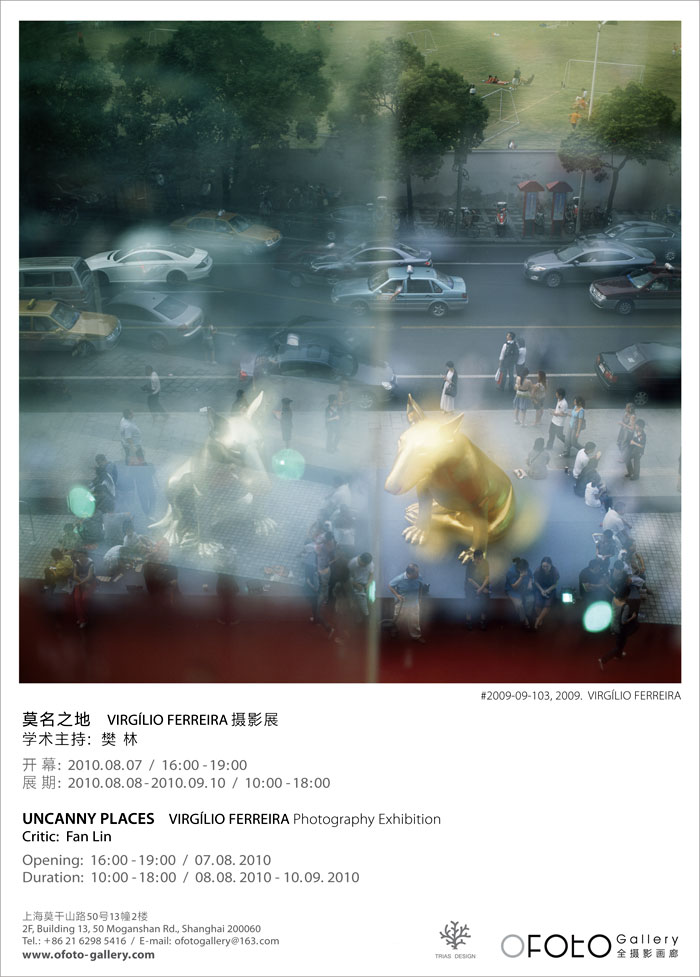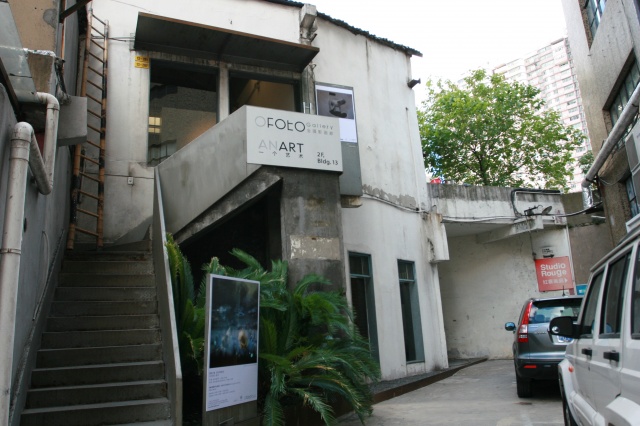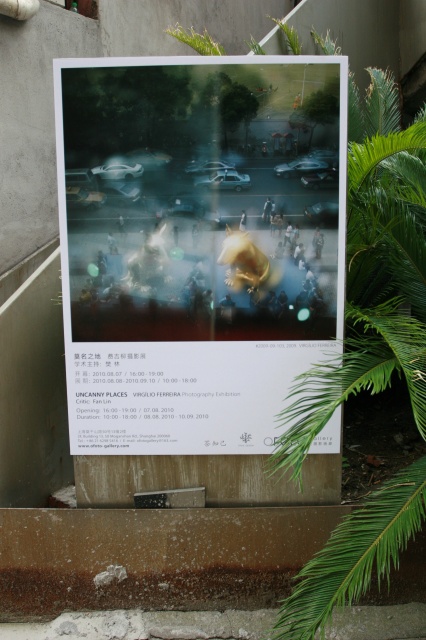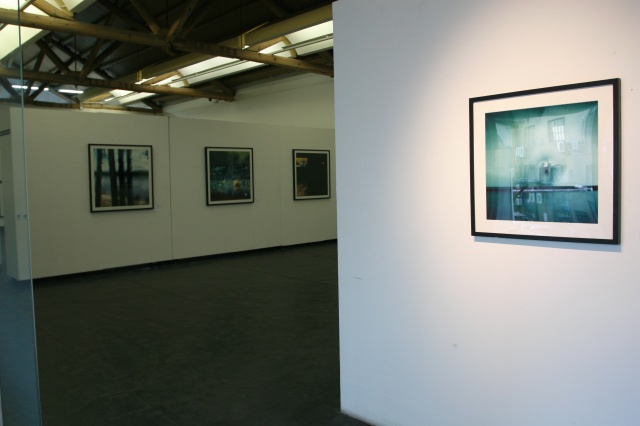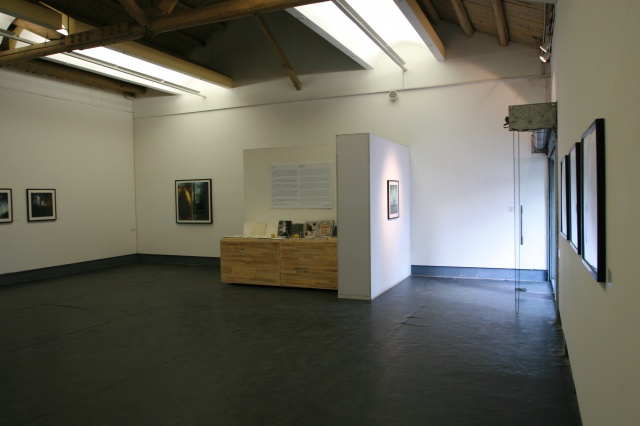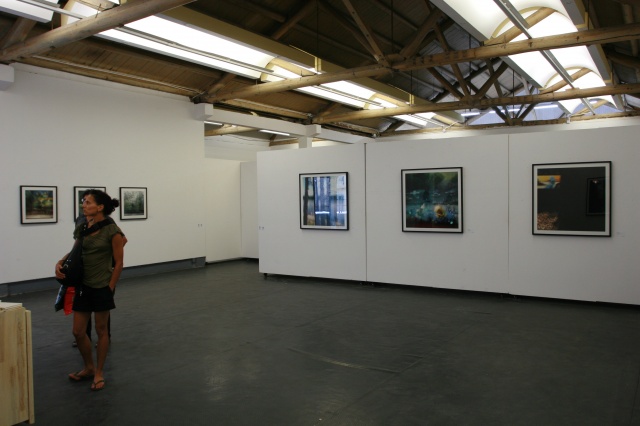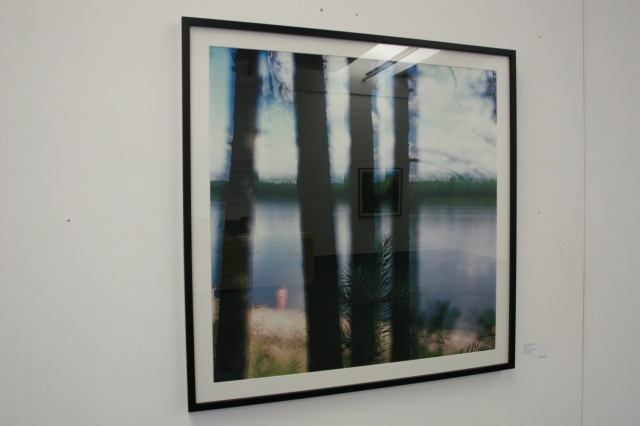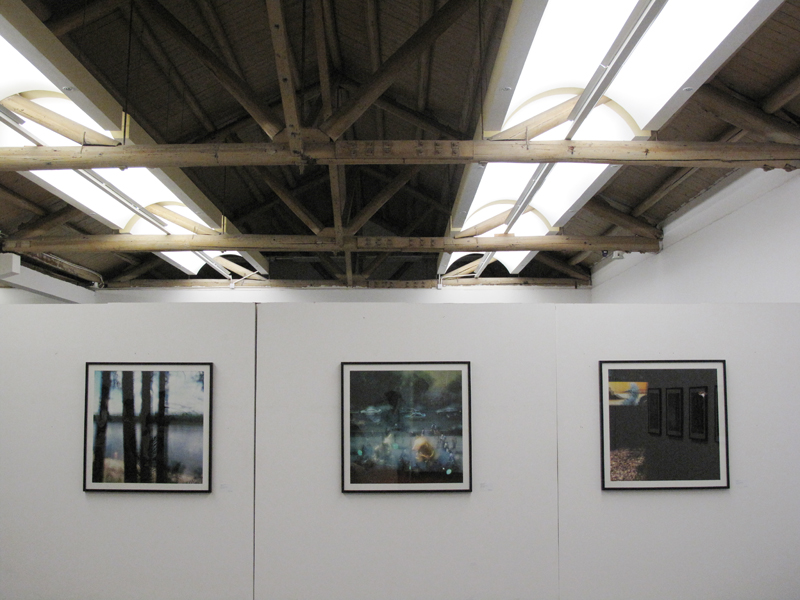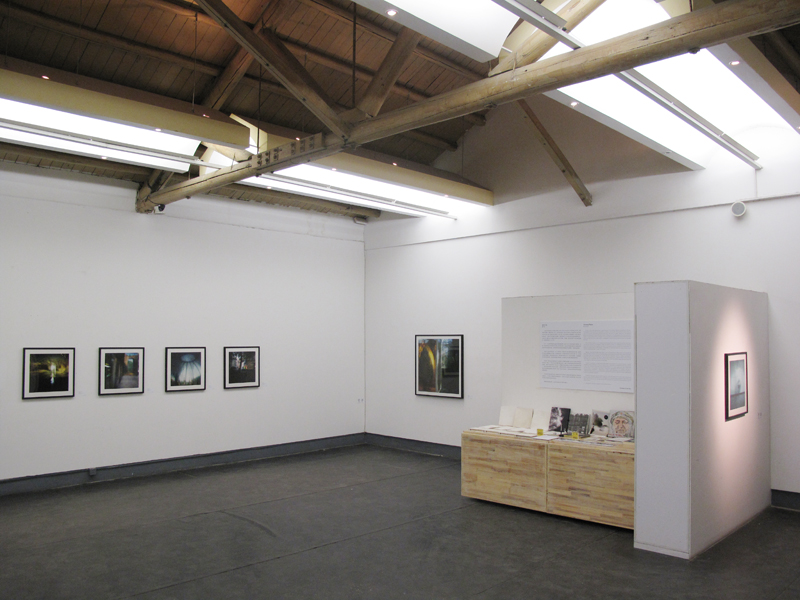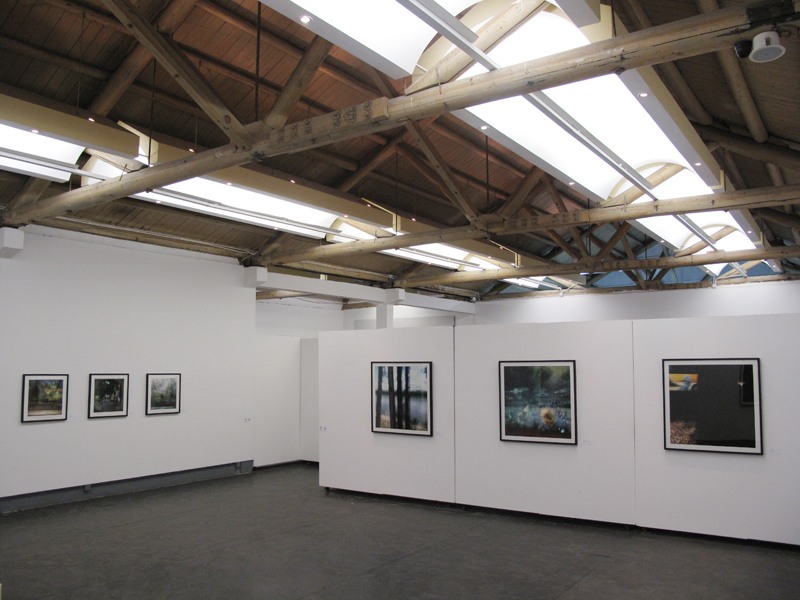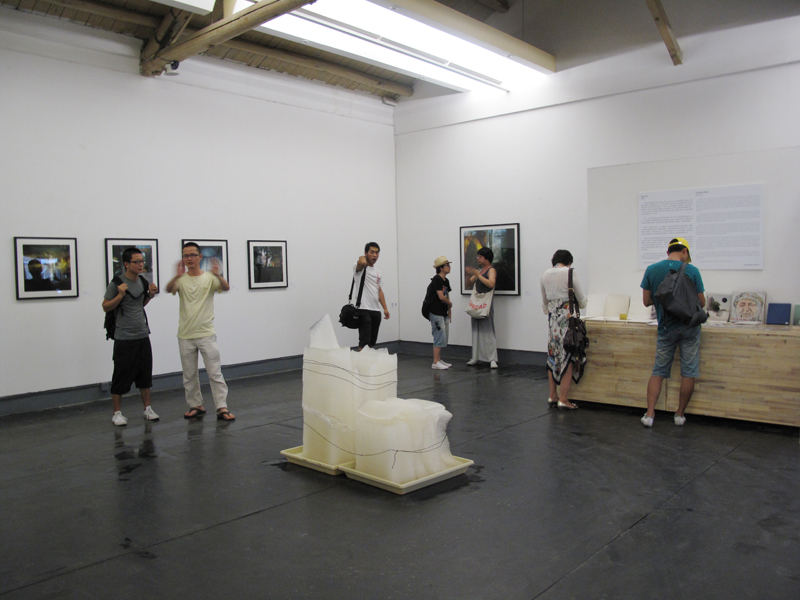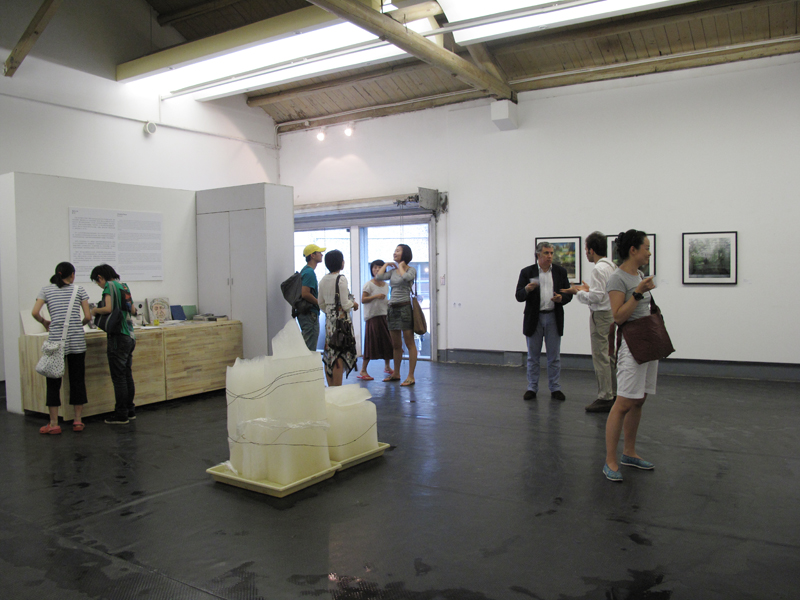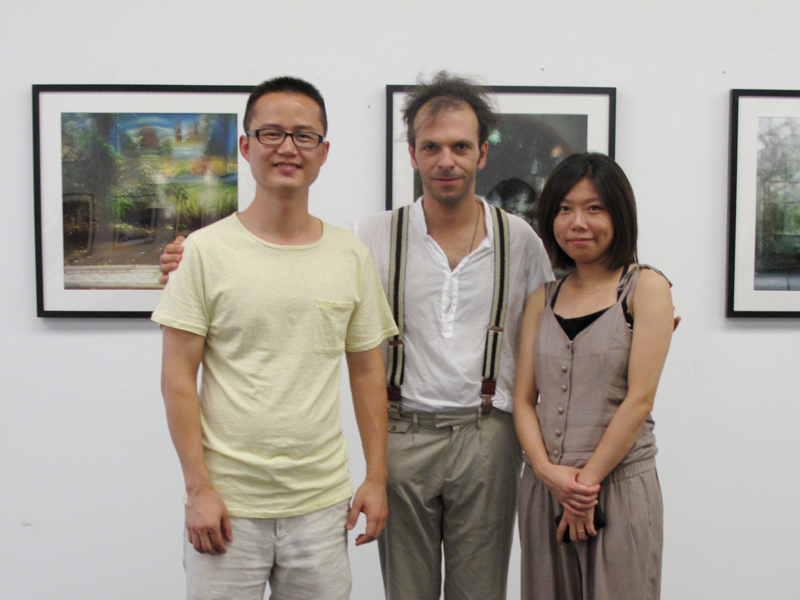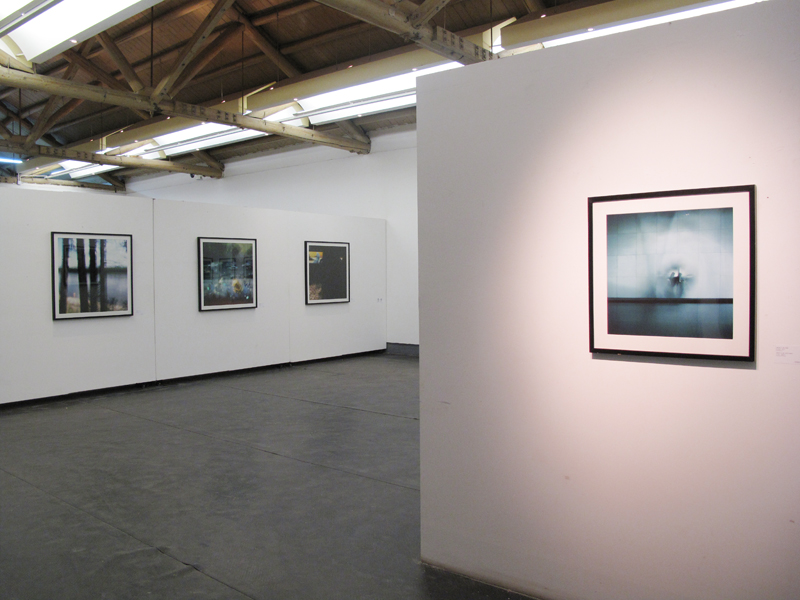Uncanny Places
The text above may be my over-interpretation of Virgilio’s work.. In fact, Virgilio himself has never taken ‘The Decisive Moment’ as an imaginary target. But Vigilio’s ambition of establishing his own aesthetic experience is obvious. The tranquility and poetry in the photos can not conceal the strong sensation of happiness brought about by the ambition. The aestheticism that stimulates the viewers’ senses mainly consists of two perceptions: mystery and imagery.
Mystery comes from familiar street scenes, rivers and greenhouses. When we try to recognize the places and objects from the photos, we feel that there is nothing absurd found in these combined images. Each object owns the uniqueness that can be basically recognized. Eastern or western architecture, people far away or nearby, each object is clear and yet sending forth a peculiar feeling when overlaid, permeated and merged with each other. Through changes of certain detailed scales, the mystic character of real objects is miraculously conjured in apposition.
Imagery is decided by the way Virgilio photographs and produces. If understood facially, it may be regarded as a kind of random act. But as a matter of fact, in the process of wandering while choosing the subject, the occasional visual sense may gradually become his unique experience which emphasizes non-monotonic corresponding relationship in space-time. Multi-exposure and collage is decisive in creating a special visual effect - mostly even a modern poetry. Although we can find Harry Callahan as avant-garde before Virgilio in terms of technical treatment and aesthetic aspiration, Virgilio’s photograph carries its own delicacy and thrill.
Constant revolt against past is a sort of need for culture. As opposed to classical music, rock-and-roll describes today’s life for us and that’s why it constitutes part and parcel of our spiritual portrayal. When we admit that rock-and-roll can not stand for all, we’ve acquired the opportunity and possibility to face all kinds of music.
Photograph is the same. Virgilio’s ‘Uncanny Places’ tells us.
